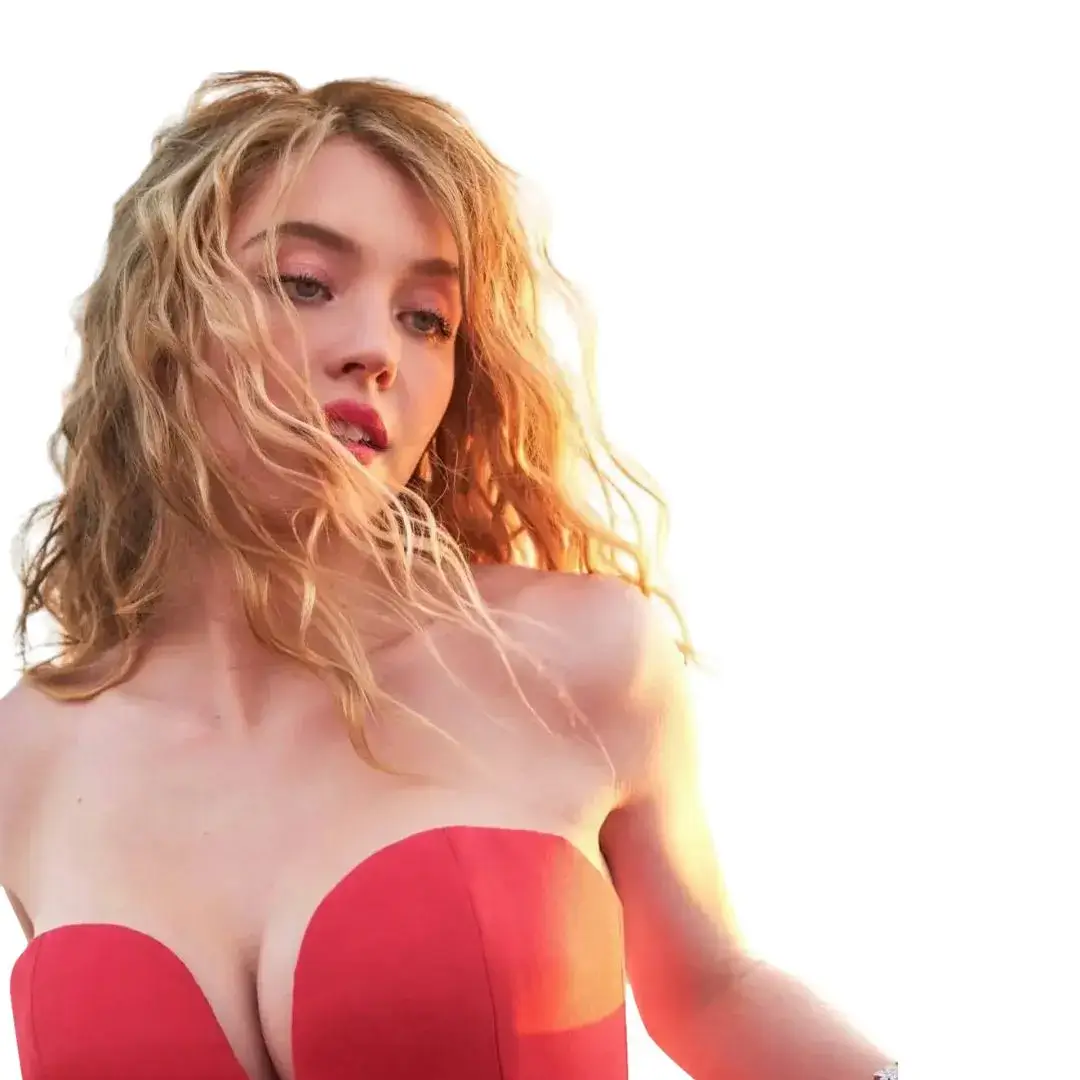POPULAR SEARCHES
Virtual Runway: The Metaverse Reshapes Fashion
"For fashion fans, and everyone else, 2022 will be remembered as the year the metaverse went mainstream."
Ever since Mark Zuckerberg announced last October the corporate name change from Facebook to Meta, the writing was on the wall. A virtual wall, of course. Soon thereafter, came all the signs of a cultural tipping point—the Super Bowl’s wave of ads for cryptocurrency exchanges ( LeBron James for crypto.com, Larry David for FTX), the metaverse jokes and sketches on Saturday Night Live, and Snoop Dogg’s release of the first music video set in the metaverse, featuring a digitized avatar of the rap mogul smoking blunts and chilling in his “Snoopverse,” a virtual world he’s building online (early access passes to which run $2,000 a pop).
Fashion designers are paying attention. Flogged by fashion’s ongoing sustainability problem, and more recent supply-chain issues, labels are looking for some uplift. “In the real world, possibilities are limited,” says designer Philipp Plein. “The metaverse opens a whole new frontier.”
Plein, whose luxury brand now accepts more than 20 different cryptocurrencies at its online and brick-and-mortar shops, recently dropped $1.4 million to buy virtual real estate in Decentraland, a popular online platform that enables users to build an immersive 3-D metaverse experience. He erected a 120-meter-high virtual skyscraper in time for Metaverse Fashion Week, or MVFW, the world’s biggest all-digital fashion event, held in Decentraland over four days in March.
Unlike fashion weeks in real life, MVFW was free and open to the public, featuring avatar models, animated runways and after-parties, with more than 70 brands and artists, including Karl Lagerfeld, Tommy Hilfiger, Elie Saab, Cavalli, Etro, Dolce & Gabbana, Estée Lauder, and Selfridges, plus digital-native creators—makers of virtual, not actual, clothes—like Auroboros, Fewocious, and The Fabricant
“By their nature, brands tend to expand and create their own universe,” Plein says, noting fashion designers’ entry into home decor, hospitality, automobiles, and more. In the metaverse, he suggests, one could have a “luxury-brand zoo, hospital, [even a] state with its own cryptocurrency.”










